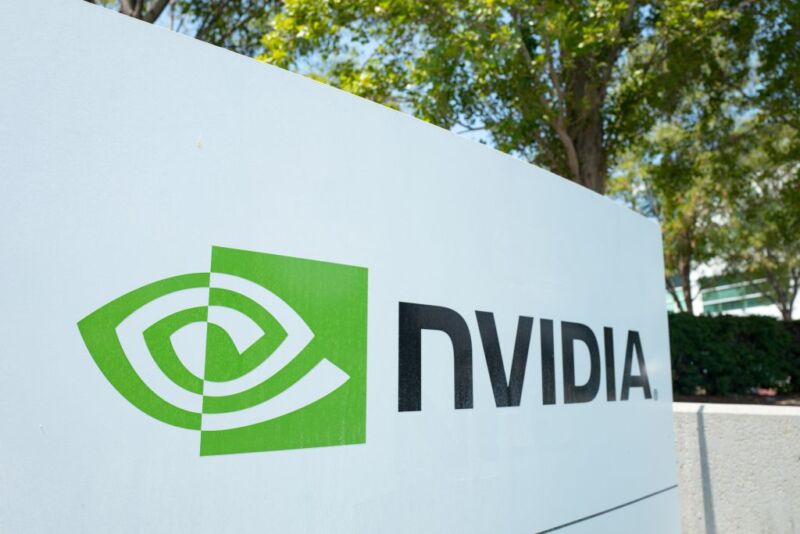“monopoly choke points” —
Justice Department has increased scrutiny of the chipmaker’s power in the emerging sector.

Getty Images
The US Department of Justice is investigating Nvidia’s acquisition of Run:ai, an Israeli artificial intelligence startup, for potential antitrust violations, said a person familiar with discussions the government agency has had with third parties.
The DoJ has asked market participants about the competitive impact of the transaction, which Nvidia announced in April. The price was not disclosed but a report from TechCrunch estimated it at $700 million.
The scope of the probe remains unclear, the person said. But the DoJ has inquired about matters including whether the deal could quash emerging competition in the up-and-coming sector and entrench Nvidia’s dominant market position.
Nvidia on Thursday said the company “wins on merit” and “scrupulously adher[es] to all laws.”
“We’ll continue to support aspiring innovators in every industry and market and are happy to provide any information regulators need,” it added.
Run:ai did not immediately respond to a request for comment. The DoJ declined to comment.
The investigation comes as US regulators and enforcers have heightened scrutiny of anti-competitive behavior in AI, particularly where it dovetails with big tech groups such as Nvidia.
Jonathan Kanter, head of the DoJ’s antitrust division, told the Financial Times in June that he was examining “monopoly choke points” in areas including the data used to train large language models as well as access to essential hardware such as graphics processing unit chips. He added that the GPUs needed to train LLMs had become a “scarce resource.”
Nvidia dominates sales of the most advanced GPUs. Run:ai, which had an existing collaboration with the tech giant, has developed a platform that optimizes the use of GPUs.
As part of the probe, which was first reported by Politico, the DoJ is seeking information on how Nvidia decides the allocation of its chips, the person said.
Government lawyers are also inquiring about Nvidia’s software platform, Cuda, which enables chips originally designed for graphics to speed up AI applications and is seen by industry figures as one of Nvidia’s most critical tools.
The DoJ and the US Federal Trade Commission, a competition regulator, in June reached an agreement that divided antitrust oversight of critical AI players. The DoJ will spearhead probes into Nvidia, while the FTC will oversee the assessment of Microsoft and OpenAI, the startup behind ChatGPT.
© 2024 The Financial Times Ltd. All rights reserved. Please do not copy and paste FT articles and redistribute by email or post to the web.